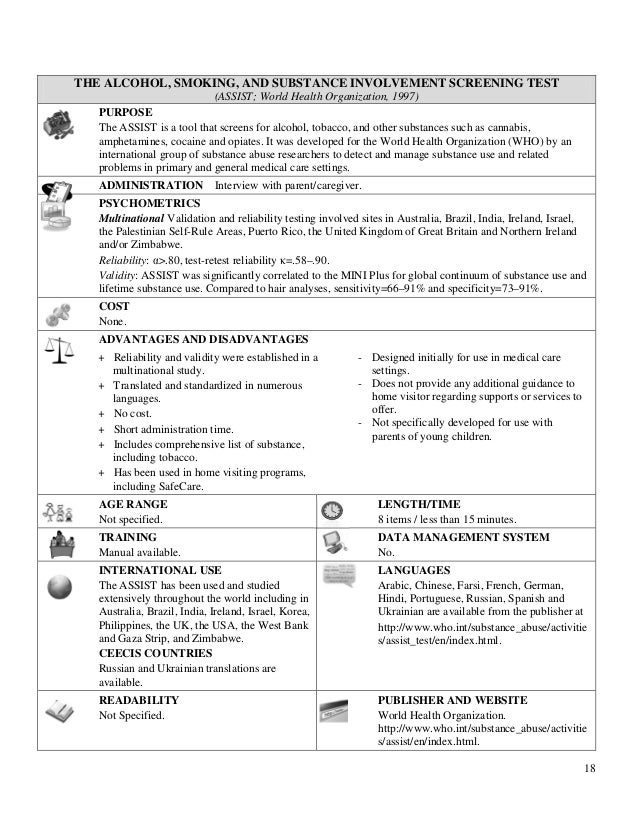Denver Developmental Screening Test Ii Pdf Creator

Methods At first a precise translation of test was done by three specialists in English literature and then it was revised by three pediatricians familiar with developmental domains. Then, DDST-II was performed on 221 children ranging from 0 to 6 years, in four Child Health Clinics, in north, south, east and west regions of Tehran city. In order to determine the agreement coefficient, these children were also evaluated by ASQ test. Because ASQ is designed to use for 4–60 month- old children, children who were out of this rang were evaluated by developmental pediatricians. Available sampling was used.
Obtained data was analyzed by SPSS software. Findings Developmental disorders were observed in 34% of children who were examined by DDST-II, and in 12% of children who were examined by ASQ test.
Jan 28, 2018 - Descriptive Information • Title, Edition, Dates of Publication and Revision*: Denver Developmental Screening Test 2 nd ed (DDST II) 1960,.
The estimated consistency coefficient between DDST-II and ASQ was 0.21, which is weak, and between DDST-II and the physicians’ examination was 0.44. The content validity of DDST-II was verified by reviewing books and journals, and by specialists’ opinions. All of the questions in DDST-II had appropriate content validity, and there was no need to change them. Hindi saral 2 font style. Test-retest and Inter-rater methods were used in order to determine reliability of the test, by Cronbach's α and Kauder-Richardson coefficients. Kauder-Richardson coefficient for different developmental domains was between 61% and 74%, which is good. Cronbach's α coefficient and Kappa measure of agreement for test-retest were 92% and 87% and for Inter-rater 90% and 76%, respectively. Introduction Developmental disabilities can be seen in 10–15% of children in different populations.
Early detection and appropriate referral of children with developmental delays or disorders is important in Pediatrics. This is only possible by continuous developmental monitoring and assessment.
Developmental assessment is made by early detection of problems through developmental surveillance and screening, precise evaluation by using standardized and formal diagnostic tools as well as evaluation of the medical, social, family history and physical examination of the child[, ]. Developmental screening must be repeated periodically and incorporated into pediatrics practice [, ]. Developmental screening test is a brief standardized tool that is used for identifying children who need more detailed evaluation[] and if used appropriately is useful and cost benefit effective[].
Because screening is used for identifying the children who will receive the benefits of more professional evaluation or treatment, it is recommended that all children be screened for developmental delays []. There are many developmental screening tools.